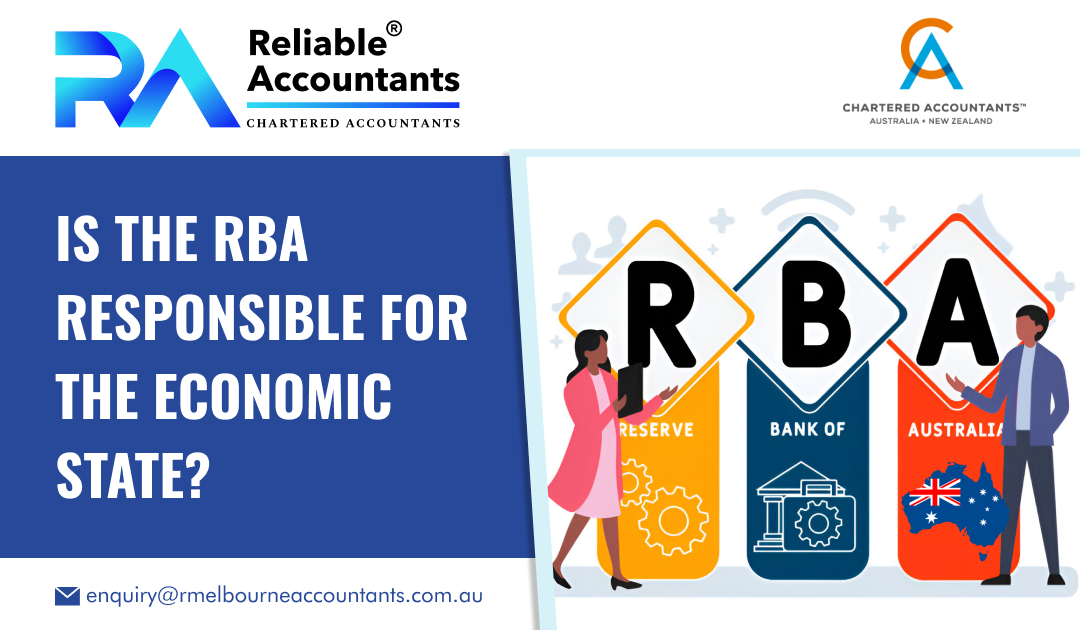The politicians have expressed their opinions on the Reserve Bank of Australia’s economic policy and their reticence to minimise interest rates in the face of community pressure. We will examine the actual data.
Treasurer Jim Chalmers stated that global uncertainty and rate hikes severely impact the economy. Former Treasurer Wayne Swan criticised the RBA, saying they prioritised economic dogma over rational economic decision-making. He expressed concern that higher interest rates were impacting households, causing a decline in spending, and pushing the economy backwards. He also described the RBA’s actions as essentially self-sabotage.
Australian mortgage renters and holders have had no relief from interest rates following 13 successive interest rate increases to the official cash rate since May 2022.
The position of Reserve Bank
The Reserve Bank of Australia (RBA) Board decided to keep the official cash rate at 4.35% during its September meeting. The decision was influenced by the consistently high inflation, which has persisted for the last 11 quarters. The consumer price index (CPI) rose by 3.9% in the year leading up to the June quarter and continues to remain within the RBA’s target range of 2-3%.
However, it is not constantly high inflation that causes the politicians to weigh in. RBA Governor Michele Bullock has stated that it is early to think about rate cuts and the Board does not expect that it will be in a position to reduce rates in the near term.
The Australian Bureau of Statistics (ABS) June Quarter National Accounts indicate a concerning outlook for the Australian economy. Per capita GDP has dropped for the sixth consecutive quarter by -0.4% to -1.5%, marking the longest period of sustained weakness on record.
Household spending has also experienced a notable decline, with a -0.2% decrease in the quarter – the slowest growth rate since the Delta-variant lockdown in the September quarter of 2021.
Discretionary spending, especially on travel and hospitality, has been hit the hardest, with a decrease of -1.1%. Spending on hotels, cafes, and restaurants has seen a substantial 1.5% decline, while expenditure on food has also fallen by -0.1% as households aim to cut back on grocery bills. Furthermore, the savings ratio for households remains low, with only 0.9% of their income being saved over the year, marking the lowest annual saving rate since 2006-07.
Economic growth from Government spending
The Australian economy increased by 0.2%, the 11th successive quarter of growth but the growth rate was not impressive. The ABS reports that the slow economic growth is due to weak household spending, which lowered GDP growth by 0.1%. On the other hand, government spending boosted GDP growth by 0.3%, the same as the previous quarter.
Government spending went up by 1.4% this quarter. This increase was mainly due to higher social assistance benefits and continued strong spending on health services. State and local governments also spent more, mainly on employee wages.
The RBA’s position on interest rates
RBA is attempting to bring inflation back to target within a limited time period while preserving the gains in the labour market over the past few years. The RBA expects to reach this target range by the end of 2025. CPI basket’s components were increasing faster than usual through 2022 and 2023. Over the past 18 months, the cost of goods has decreased as supply disruptions like the war in Ukraine and COVID-19 have eased, and now increasing close to the historical average
The primary issues are housing expenses and services. In housing, the growth is from increased expenses of construction and rent. In the services sector, despite a decline in discretionary spending, as indicated by the June National Accounts, inflation remains elevated at 5.3% for the June quarter. This is due to a combination of wage increases, decreased productivity, and rising business costs such as electricity, insurance, logistics, and rent.
$81.5m payroll tax win for Uber
Uber successfully challenged six Revenue NSW payroll tax assessments totalling over $81.5 million. The assessments were issued because Revenue NSW considered Uber drivers to be employees, and therefore subject to payroll tax. The Payroll Tax Act 2007 (NSW) imposes a tax on all taxable wages paid by an employer and extends to contractors who provide services under a relevant contract. However, the New South Wales Supreme Court ruled that Uber drivers are not employees. The Court stated that the amounts paid by Uber to the drivers were not for the performance of work and therefore not considered wages. As a result, the payroll tax assessments were cancelled.
This case highlights the importance of businesses working with contractors and appropriately evaluating their relationship to ensure compliance with the law.

